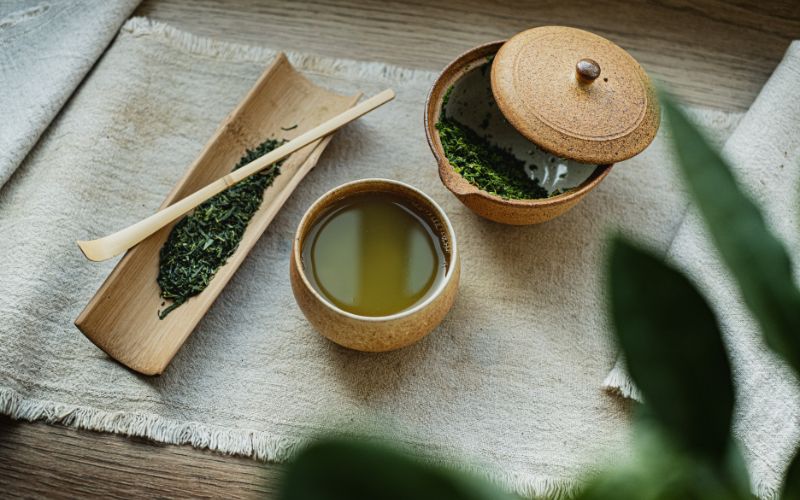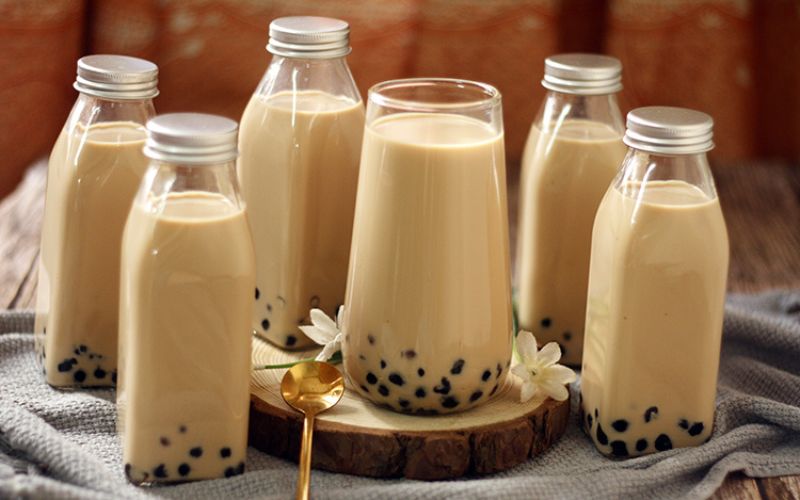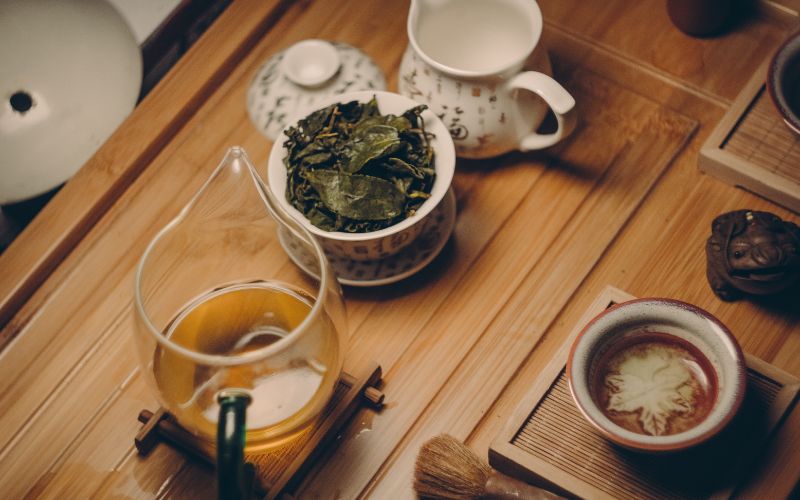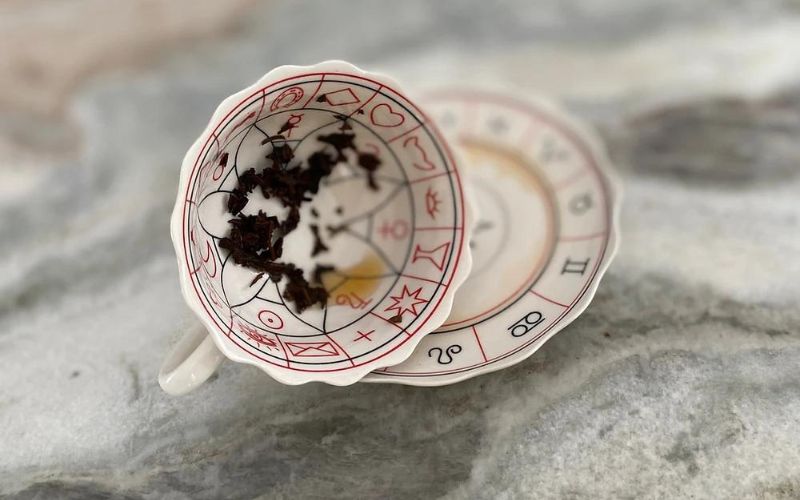If you’re a tea enthusiast and have been drinking it for years, then you might already know some interesting facts about this beverage. But if you’re curious to uncover some little-known secrets about tea, then read on!
1. A Long History of Tea Drinking
Legend has it that Shennong, an ancient Chinese deity, discovered this beverage when leaves from a nearby tree accidentally fell into his pot of boiling water. Shennong is a cultural hero in China, credited with teaching people how to cultivate grains and develop medicine.
During this time, Shennong also discovered the many health benefits of tea. As a result, tea became popular and an integral part of daily life for many. It is safe to say that tea is the second most popular beverage in the world, after water.
 A 5,000-year-old beverage
A 5,000-year-old beverage
2. The Origin of Bubble Tea
Bubble tea is believed to have originated from a street-side stall in Taiwan during the 1980s. In 1983, Mr. Liu Han Chieh, the owner of Chun Shui Tang teahouse, created chewy, sweet pearls that elevated the humble bubble tea to new heights, captivating countless people.
 The birth of bubble tea
The birth of bubble tea
3. International Tea Day
May 21st is International Tea Day, designated by the United Nations to recognize the growing and production of tea and its importance in the fight against poverty.
 International Tea Day
International Tea Day
4. The Accidental Invention of Tea Bags
The invention of tea bags was also a happy accident. In 1904, Thomas Sullivan sent tea samples to customers by packaging them in small silk bags. However, the recipients mistakenly dipped the entire bag into hot water instead of using the traditional methods. Thus, the convenience of tea bags was discovered, and the product evolved into what we know today.
 The accidental invention of tea bags
The accidental invention of tea bags
5. Tasseography: Reading Tea Leaves
Tasseography is the art of divination through tea leaves or coffee grounds. This unique form of fortune-telling originated in the West thousands of years ago. The diviner interprets the patterns left by the tea leaves or coffee grounds in your cup, offering insights into your future and destiny.
 The art of Tasseography
The art of Tasseography
These are five fascinating facts about tea that you may not have known. We hope you found this article informative and enjoyable.
































